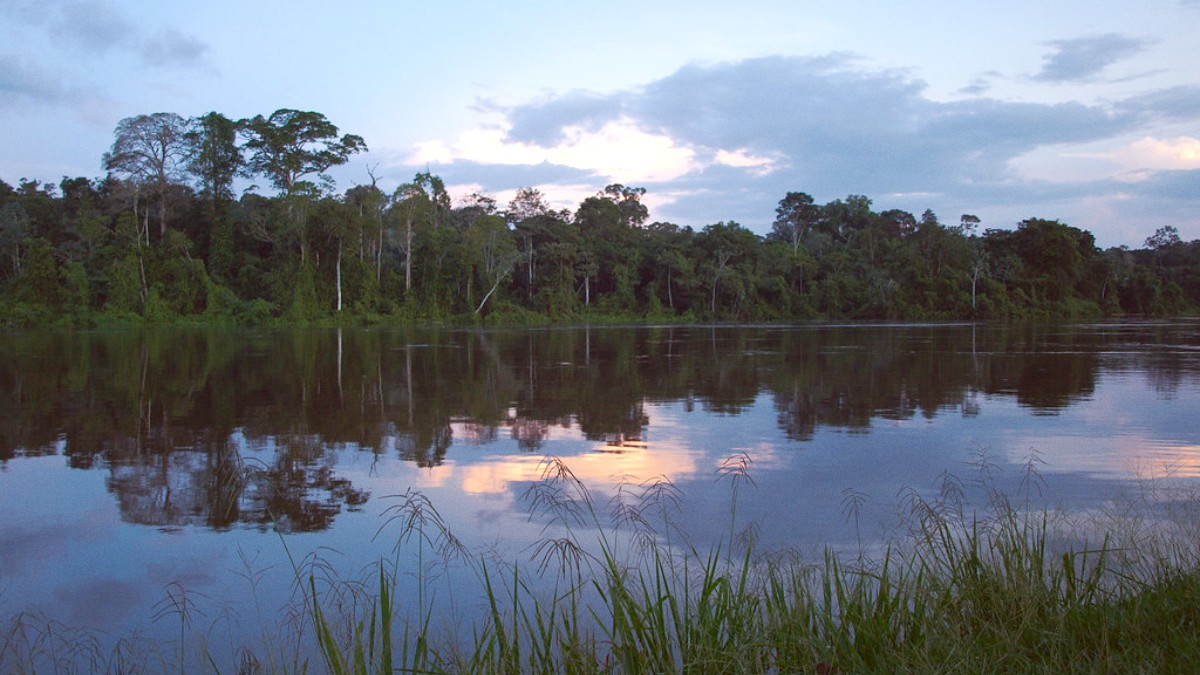
The Guianas
A UNESCO World Heritage site, one of the largest protected rainforest areas globally.
Essential for coastal protection and marine life, these ecosystems receive protection.
Conservation efforts frequently involve local communities in management and protection.
Thoughtful actions lessen your environmental footprint.
Waste management infrastructure in Suriname is developing. Recycling facilities are limited, especially outside Paramaribo.
While Suriname has abundant freshwater resources, responsible water use is always encouraged.
While not widely available locally within Suriname, travelers can choose to offset their flight emissions through international programs.
Look for lodges and tour companies that demonstrate eco-tourism practices.
Choose gear from companies committed to sustainability and responsible practices.
Explore Patagonia's sustainable gear.Select tour operators that practice ethical tourism and support local conservation.
Discover G Adventures tours.Engaging with local cultures warrants mindfulness.
Learning basic Dutch or Sranan Tongo shows respect for local languages and frequently cultivates genuine interactions.
Always ask for permission before photographing people, specifically children. Be discreet and avoid intrusive photography.
Your travel choices have a direct economic impact on local communities.
Prioritize staying in local guesthouses, eating at local restaurants, and shopping at local stores.
Seek out artisan markets or specific shops that clearly state their commitment to fair trade principles.
This approach means economic benefits from tourism flow directly to local people. Consider The Rainforest Site.
Conscious decisions in travel, shopping, and interaction foster a positive and beneficial experience for both visitors and local communities.
Responsible engagement extends to how you contribute to local communities.
Be aware of tours or activities that might exploit animals or local people.
If you wish to contribute, do so through established local non-governmental organizations (NGOs), schools, or community projects.
Supporting local communities creates a lasting positive impact beyond your visit.
Engage respectfully with local customs and traditions to enrich your travel experience.
Direct giving to individuals on the street, especially children, may create unintended negative consequences.
Channel contributions through reputable local organizations for more sustainable impact.